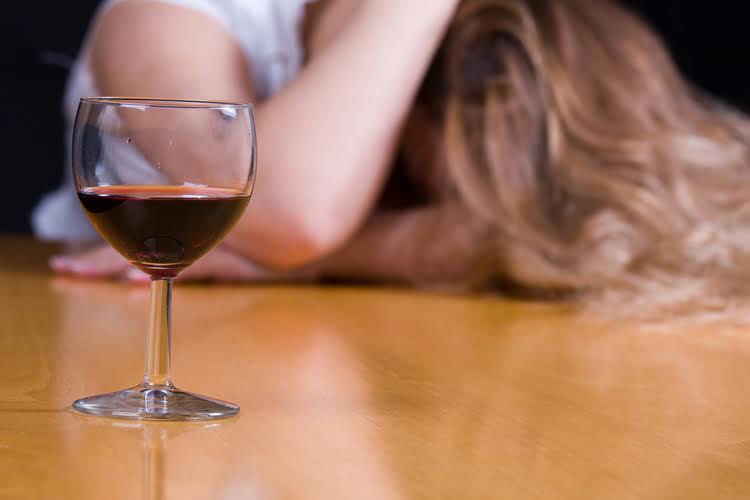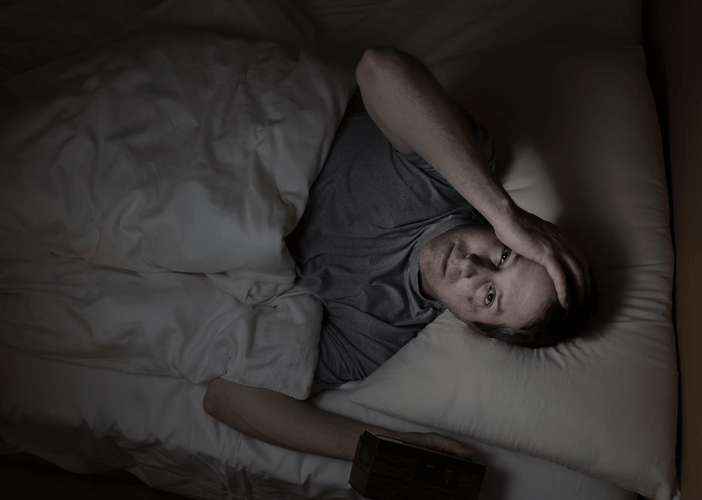Content
You will wake up each morning without the hangover headaches, without the question of what you did the night before, without the regrets. And in time, you may come to find that your life without drugs is where your true living has actually begun. Achieving and sustaining sobriety are the ultimate goals for anyone who starts an addiction treatment program.
- Self-directed recovery enables you to design a plan of recovery that takes account of your individual needs and goals.
- This refers to limiting intake to 2 drinks or fewer in a day for males or no more than 1 drink in a day for females.
- While people can drink safely and responsibly, many risks have an association with alcohol.
- After using the Sinclair Method to overcome her own alcohol addiction, she was able to drink moderately for many years, before eventually deciding to stop completely.
Quitting drugs or alcohol on your own is very difficult, and if you quit cold turkey, you’re more likely to experience severe withdrawal symptoms. Starting your recovery journey with a medical detox program can provide the medical and clinical care you need to do so safely, effectively, and comfortably. With medical detox treatment and drug rehab programs, clients are supported with medication-assisted treatment to ease withdrawal symptoms and make the detox process more comfortable and safe. Drug rehab typically follows, and clients receive behavioral and cognitive therapy to help them readjust their mindset and develop healthier thought processes.
More in Addiction
If you’re working from home, it can be hard to keep your time structured. Too much free time can give you lots of time to dwell on negative thoughts or think of excuses to relapse. Alcohol is a major cause of motor vehicle accidents and poor decision-making. If a person chooses to consume alcohol, they should do so safely and take whatever steps are necessary to avoid putting themselves and others in harm’s way. The effects of alcohol can begin to impair a person’s judgment and coordination earlier than they realize. It is illegal to drive with a BAC of 0.08 or higher, and this limit may be lower for commercial vehicle drivers and those younger than 21.

When experiencing a craving, many people have a tendency to remember only the positive effects of the drug and forget the negative consequences. Therefore, you may find it helpful to remind yourself that you really won’t feel better if you use and that you stand to lose a lot. Sometimes it is helpful to have these consequences listed on a small card that you keep with you. Once you have resolved your underlying issues, you will, at times, continue to experience stress, loneliness, frustration, anger, shame, anxiety, and hopelessness. Finding ways to address these feelings as they arise is an essential component to your treatment and recovery. Having the support of friends and family members is an invaluable asset in recovery.
Tips to Help You Stay Sober
You may also experience sobriety triggers (people, places, and things that trigger the desire to use). Know that it will get easier as you move through treatment and explore why you were using drugs or alcohol in the first place. Building a support network can take time, but the efforts are worth the benefits of having the right people in your life for your sobriety journey. Building a support network is one of the best things you can do to build a strong foundation for sober living. Sobriety can be a fixed-term goal (i.e., staying sober for Dry January) or a lifelong goal (living a sober lifestyle or staying sober from all substances).
You can be sober and happy by focusing on your health and wellness in your everyday life. And what if in-person mutual support meetings (Refuge Recovery, LifeRing, SMART AA, NA) are not accessible to you? Well, these are not the only means to recover—there are a whole range of resources available to you. It is possible to get sober on your own and learn how to get sober at home.
Avoid Old Routines and Habits
Addiction is difficult and affects not only the person with the substance use disorder, but also their close family, friends, coworkers and others. In fact, addiction can have a ripple effect in all areas of life. If you or a loved one are struggling with mental health or substance abuse, we can help. Millions of readers rely on HelpGuide.org for free, evidence-based resources to understand and navigate mental health challenges. Please donate today to help us save, support, and change lives.
How to get sober for a month?
- Put in writing.
- Think about your habits that lead to drinking.
- Find a new activity to replace alcohol.
- Use technology to your advantage.
- Know your triggers.
- Be aware of peer pressure.
- Avoid being alone.
- Get rid of all alcohol in your house.
I can honestly say sobriety is the best thing I have ever done for myself. It was my jumping-off point into a life I knew I had buried inside of me. I got out of debt, started a company that provides digital recovery, launched a podcast, and am in the middle of writing a book. It’s been over six years since I first started seriously questioning my relationship with alcohol and considered a life without it.
Support groups:
The good news is you can take steps to avoid getting too drunk in the first place and ending up with a bad hangover. It’s also not unusual to try several times before succeeding. In fact, whichever path you may be on, there’s guaranteed to be another person who’s been there first and gotten to the other side. There is no shame or guilt in asking for help or more information. However, even your closest friends and family might not understand your struggle.

You will also start getting to know some of the other participants in your program through group therapy or other activities. Much like any other goal in life, long-term sobriety is more manageable in small parts. Take one step at a time and break everything into shorter goals.
Learn a new language
Post-acute withdrawal syndrome (PAWS) involves experiencing withdrawal symptoms that persist past the detox period. Such symptoms are often related to mood and may include irritability, anxiety, depression, sleep sober house problems, and fatigue. It is estimated that up to 80% of those who find long-term sobriety had at least one relapse along the way. Some people experience many setbacks before they find lasting recovery.
- However, the word is often used in different ways in different contexts.
- A house or living space with no alcohol or drugs is extremely helpful in early recovery.
- Having support from like-minded people is not only encouraging, it could mean the difference between recovery and relapse.
- Whether you’re stating a one-sentence response (“I don’t drink”) or using a small excuse, the only thing to consider is whether you are comfortable, and whether your boundaries are being upheld.
- It does this through a book, online community resources, live meetings, and its “17 elements”—recommendations that can be completed in any order, none of which is compulsory.